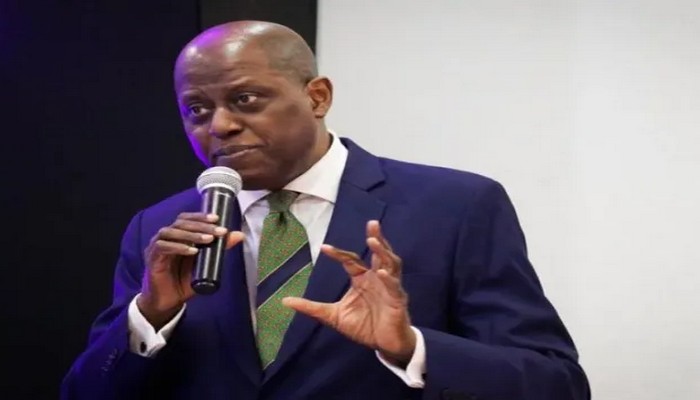
Nigeria’s external reserves have increased to $39.07 billion as of September 19, 2024.
This is according to the Governor of the Central Bank of Nigeria (CBN), Yemi Cardoso, at a press briefing at the end of the 297th Monetary Policy Committee (MPC) meeting in Abuja on Tuesday.
The communique released after the MPC briefing read: “The external reserve stood at US$39.07 billion as at 19th September 2024 an increase of 17.4 per cent compared with US$33.28 billion in the corresponding period of 2023. This represents 8 months of import cover for goods and services and 13 months of imports of goods only.”
However, checks in the banking sector show that the CBN website puts gross reserves at $37.39 billion on September 19, 2024, less than what the CBN governor presented.
The Monetary Policy Committee (MPC) recently urged the CBN to focus on boosting the external reserves.
To ensure a steady flow of foreign exchange into the country, the CBN plans to double the diaspora remittance inflow this year.
The CBN disclosed a 39% increase in inflows through International Money Transfer Operators (IMTOs) for the first quarter of 2024 compared to the same period in 2023. This is according to data from the quarterly statistical bulletin of the CBN for the first quarter of 2024. The total inflow for the first quarter of 2024 amounted to $1.07 billion, marking a 39% increase from the $770.23 million recorded in the same period of 2023.
When comparing Q1 2024 to the last quarter of 2023, which saw total inflows of $965.82 million, there is an increase of about 11%.
Recent reforms implemented by the CBN aimed at attracting more dollar supply through IMTOs seemed to have triggered the increase.
Also, Afrexim Bank earlier announced the disbursement of $925 million- another tranche of the $3.3 billion crude oil-backed loan agreement it entered into with the NNPC last year. The bank disclosed this in a statement on its website stating that the current disbursement brings the total payment for the facility to $3.175 billion. This loan is expected to help stabilize the forex market in light of the severe volatility.
The World Bank also recently approved $2.25 billion in loans to Nigeria to boost the country’s economic stability and support its vulnerable populations. This financial infusion is intended to provide immediate financial and technical support for Nigeria’s urgent economic stabilization efforts.
The World Bank disbursed $751.88 million to Nigeria from a recently approved $1.5 billion loan. According to findings by the amount was disbursed under the Nigeria Reforms for Economic Stabilisation to Enable Transformation (RESET), Development Policy Financing Program (DPF) project. This loan project is a part of the broader $2.25 billion approved by the World Bank for Nigeria on June 13, 2024, to boost reforms in the country.
Nigeria also launched its first-ever domestic dollar-denominated bond, seeing over $900 million in subscriptions.
The increase in FX reserves can be attributed to Nigeria’s recent domestic bond issuance, which was aimed at attracting foreign capital and improving reserve levels.
Earlier reported that Nigeria’s foreign exchange (FX) reserves grew by 12% over the past year, rising from $33.28 billion on September 22, 2023, to $37.39 billion on September 19, 2024, reaching its highest level under the administration of Bola Tinubu.
This $4.12 billion increase in reserves signals efforts by the CBN to shore up liquidity in the forex market and manage external shocks.





